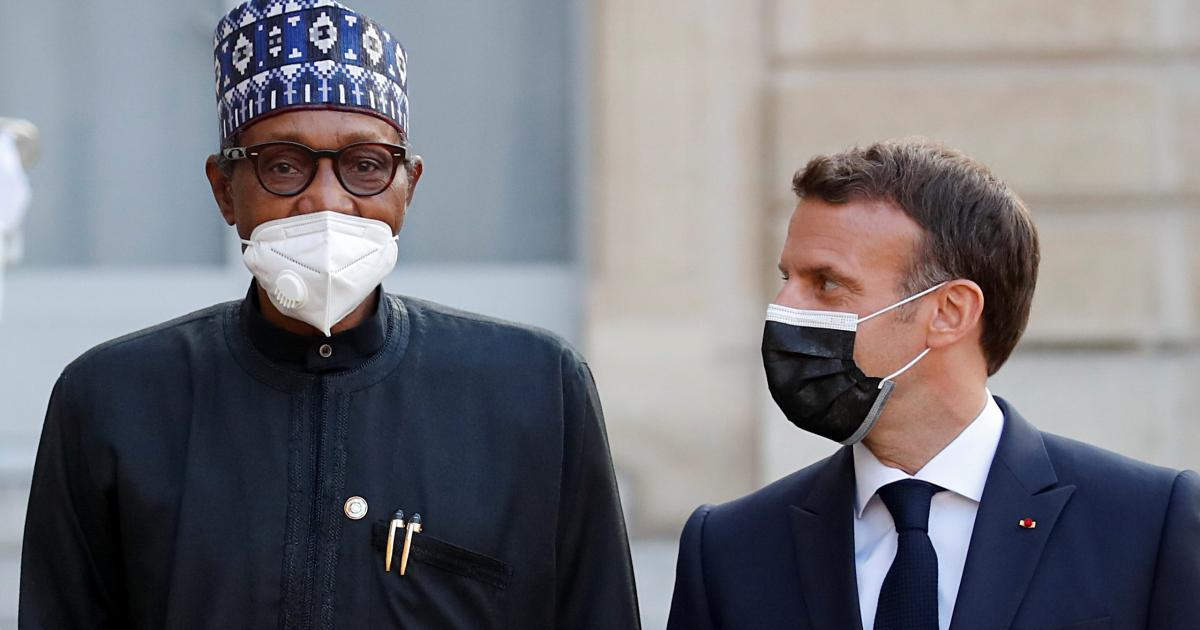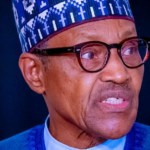“Every time Africa has a challenge, the whole continent runs from pillar to post.” These were the words of Nigeria’s Dr Akinwumi Adesina, the President of the African Development Bank, during the launch of a survey on the impact of the COVID-19 pandemic on Africa’s trade finance, on April 15, 2021.
That was the voice of a great African technocrat and reformer bemoaning the tragedy of a continent whose feet of clay make it wobble at every turn in global events.
- 6-year-old raped to death in Kaduna
- Zamfara: Bandits invade Dansadau town, cart away 300 cows, loot shops
That survey revealed that Africa’s trade finance fell by 10 per cent in 2020, with the continent entering its first recession in 25 years. It was conducted by the African Export-Import Bank, in collaboration with the UN Economic Commission Africa, and Making Finance Work for Africa.
The pre-launch comments at that virtual events came from Adesina, Prof Benedict Oramah, President of Afreximbank, and Prof Joseph Stiglitz, the 2001 economics Nobel Laureate. The trio dwelt on the sore state of Africa’s economy, which has been worsened by the ravages of the pandemic: high levels of indebtedness, unemployment, low productivity, the need for new sources of funding for the continent and of course, China’s incursion into the continent through its resource-backed loans- “you pledge your natural resources as guarantee, we give you money”! China holds $40 billion of African debt, they noted.
They wondered how Africa would wriggle out of the current debt web that has once again been spurn around many of the countries. With debt-to-GDP ratios as high as between 70 per cent and 75 per cent, these economists wondered what the way out could be for the continent. Clearly, these levels of debt are unsustainable for the typical resource-dependent African economy.
They spoke about debt repayment obligations and agreed there was a need for agreement between debtors and creditors, noting that the latter now are mostly commercial creditors.
That is why barely a month after Adesina’s lamentation, Africa has trooped out to France on what has become a yearly ritual, where the needy countries line up, cap (or list) in hand, to meet a willing helper.
The above issues form part of the background to the current summit that officially opened yesterday, Tuesday, between Africa and France, a former colonial master of a great number of African countries and also a friend and business partner of the others.
As is the case with every edition of this summit, this year’s gathering focuses around a certain theme, which is Financing African Economies and giving them a new lease of life. It aims to mobilise financial resources at a level capable of reviving the continent’s economy that was devastated by the pandemic. From agriculture to oil and manufacturing, no sector of the economy was spared. It sent production into the negative region as output tanked. Economies shrank, throwing many workers out of jobs. As various commentators have noted, COVID-19 is different from an ordinary economic shock, as it affected both demand and supply.
COVID-19 killed thousands in Africa, although the continent’s official death record from the pandemic pales into insignificance when compared with some other regions. But COVID-19 exposed Africa’s unhealthy health systems and made life for the living real hell on earth. If anyone was in doubt about the continent’s decrepit infrastructure, the pandemic exposed it. Without the intervention from the private sector, the devastation would have been much worse. Under Public-Private partnerships, new hospitals sprang up in some countries and became centres of excellence in the management of the pandemic cases.
Across the continent, the public purse became lean. As exports – largely of commodities –fell, government revenues nosedived. This took a toll on governments’ abilities to meet recurrent expenditures and long-standing obligations such as debt repayments. Thus many debts that were due could not be serviced, a situation that forced debtor nations to ask for debt rescheduling, etc.
The plan for this week’s gathering includes helping to attract liquidity to Africa, into both the public and private sectors to restart economic activities so that positive growth could resume in 2022.
Part of the mechanisms to restore liquidity, France plans, is to reallocate IMF’s Special Drawing Rights (SDRs) to Africa. The Fund will make a formal proposal for a new SDR issue of $650 billion, Kristalina Georgieva the Managing Director, announced in March.
“If approved, a new allocation of SDRs would add a substantial, direct liquidity boost to countries, without adding to debt burdens. It would also free up badly needed resources for member countries to help fight the pandemic, including to support vaccination programmes and other urgent measures. And it would complement the range of tools deployed by the IMF to support our membership in this time of crisis,” she explained
Clearly, most African countries are in deficit now and obviously need a boost to start off well again.
Some key issues arose from this summit and the background against which it is taking place. The time has come for Africa to take a definitive stand on its indebtedness. African leaders and technocrats must provide an answer to this question: What do we do about debt in Africa?
“There needs to be a systematic way of dealing with that (debt),” Stiglitz said during the launch of the survey on the impact of COVID-19 on African trade financing. He noted that currently there is no systematic way of dealing with the debt crisis.
While the current gathering lasts in France, our dear Adesina and others like him should speak the truth to African leaders. For how long will they be running from pillar to post each time there is a challenge? When will Africa grow up? Is it not time for this continent to create an endogenous mechanism for confronting its financial challenges?
Adesina hinted at the establishment of an African Financial Stabilisation Mechanism Fund, or something like that, at the launch of the survey on the impact of COVID-19 on African trade finance. The Fund, he explained, will enable these countries create a mechanism to mutualise their finances. With such a pool of funds, this continent can begin to deal with the fundamental courses of its problems. This gathering is an opportune time for African leaders to give serious consideration to such a fund.
Africa’s problems are fundamental. The continent must deal with its recurring debt burden, low productivity, and unemployment, especially youth unemployment. The continent’s graduates and school leavers are not getting absorbed into the labour force, largely because of the kind of education they are receiving. Speakers at the Afreximbank’s survey launch noted that there is a need for alternative sources of training for the youth in the countries. This need has given rise to the Entrepreneurship programmes being championed by groups, governments and even international organisations to raise the level of youth involvement in the economy.
The continent cannot make progress with so much of its population, especially the young ones, excluded from the production process.

 Join Daily Trust WhatsApp Community For Quick Access To News and Happenings Around You.
Join Daily Trust WhatsApp Community For Quick Access To News and Happenings Around You.


